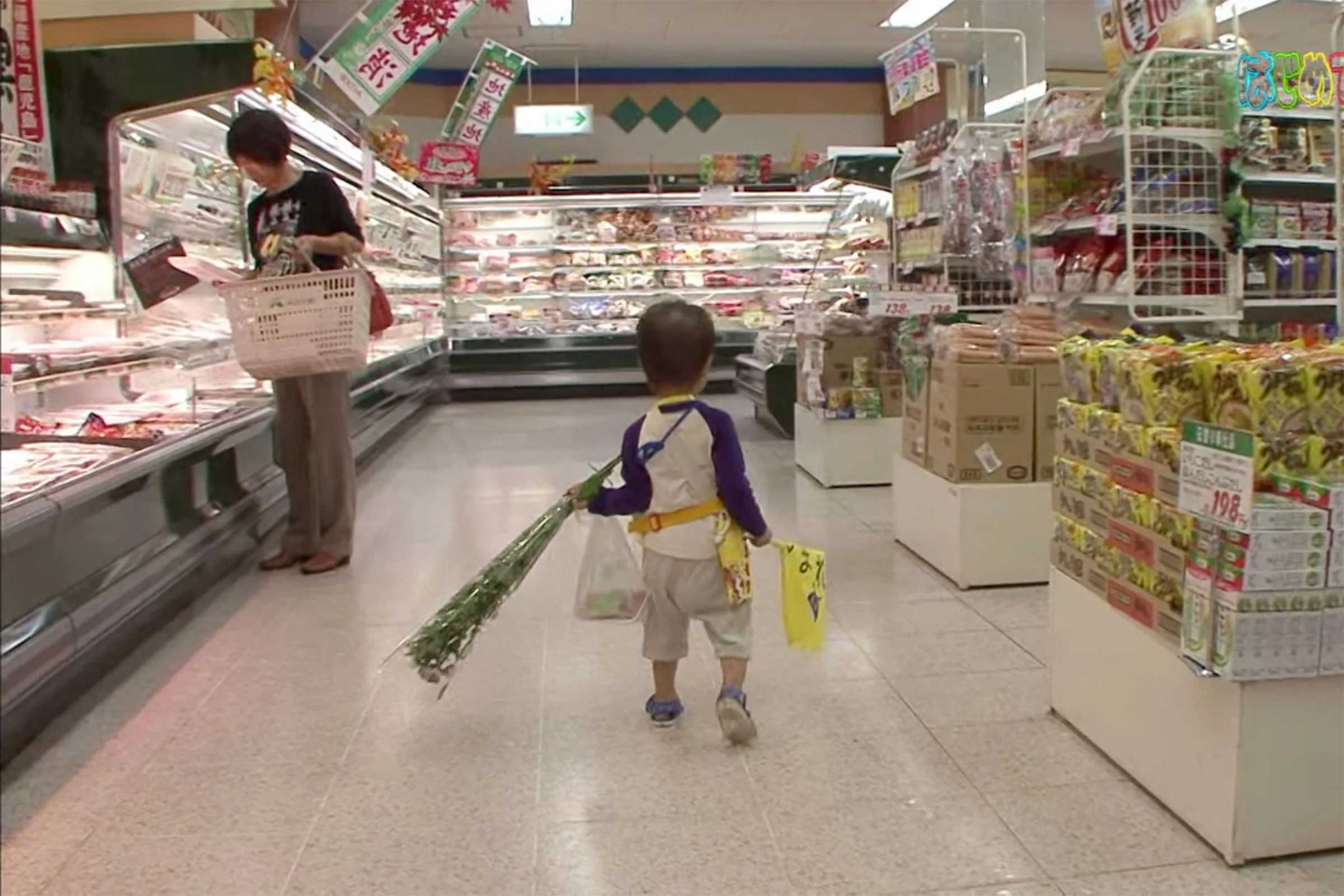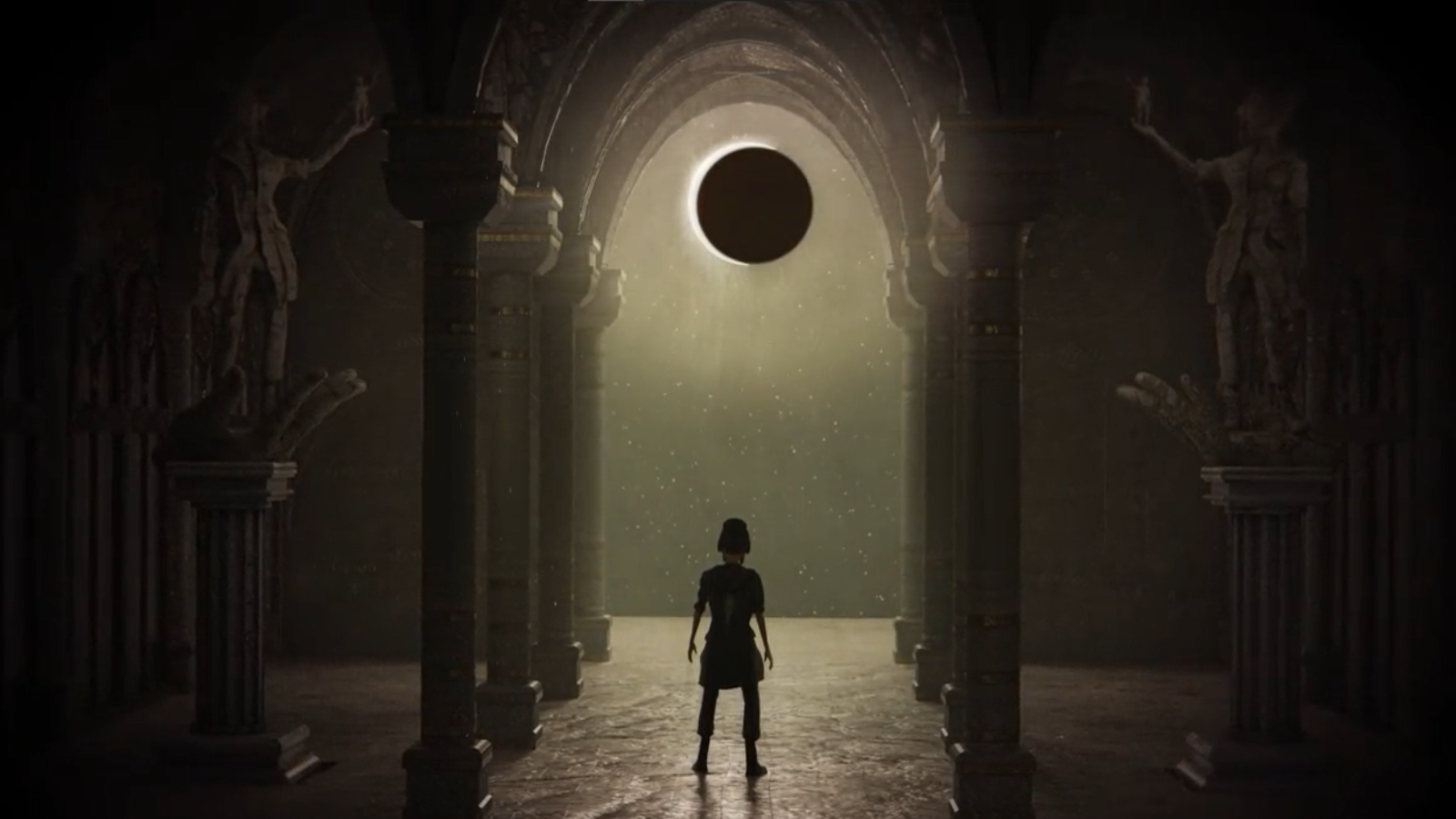I know that this is something of an unusual article for DigitallyDownloaded.net, but it has been such a weird week I felt compelled to write it. It truly has been a surreal week for political discourse here in Australia. Four days ago, our national broadcaster published an article about how a jam factory in regional Australia was hiring children as young as 11 years old to work there.
This is surreal on several levels. Firstly, it’s something that you naturally assume would be illegal in Australia. I know a lot of people were surprised to discover this week that the minimum age for working in the country was not 14 years and 9 months (for some reason it was a number that many of us had heard, somewhere or other, was the minimum working age). The actual age varies from state to state, but in NSW, where the jam factory is located, there is no minimum age to work. Finding this out for the first time thanks to this story was genuinely surreal.
Secondly, the discussion took an incredibly surreal turn for the worse when an awful lot of Australians started coming out to defend the jam factory. We’re not just talking about just the reactionary right wing, either. A whole bunch of people that would swear up-and-down at you that they were lefties loved the idea of children working in a factory. They came out swinging, hard, for the child’s “right” to do labour. Again, child labour is just something that you go in assuming that most people would oppose on principle, so to have this become a raging debate across the nation has been incredible and spectacular for all the wrong reasons.
Within this raging debate, one of the more pervasive arguments from the pro-child-labour camp (and I still cannot believe I am typing this out) was the idea that giving kids these kinds of responsibilities and tasks was good for them. People argued that child labour taught the kids how to be independent and responsible. It’s this argument in particular that I wanted to address with my piece, because it highlights a significant difference in parenting techniques between Australia and Japan, where you need to be 15 before you’re allowed to enter formal paid employment. Based on the argument from the pro-child-labour Australians, you would assume that Japanese children must therefore not learn how to be independent and responsible.
Those people should probably watch Old Enough!, One of the most charming Japanese shows available on Netflix. Because the reality is that Japanese kids are famously independent, and this independence has a significant cultural resonance that much of the rest of the world could learn from.
In Old Enough! parents give their kids (typically between the ages of three to five years old) their first independent chores. Those typically involve a walk across town to buy something at a grocery store, or a bus trip to deliver something to the father on a farm. These are real chores that are given to real children and not actors, with the camera crew working discretely in the background.
Because they’re so young, the kids often forget about the specifics of their tasks, or make mistakes that they need to problem-solve their way through. It’s not always easy and many of them break down in tears. However, the parents don’t come running to the rescue because these are important life lessons being learned.
See, in Japan, kids do learn to be independent at a very young age. They use public transport by themselves (rather than, say, school buses or parent taxis) to get to school from their very first year of school. Most students end up taking extra-curricular activities after school, for which they’re responsible for taking ownership and organising their own participation in it. This is something that is so core to the Japanese identity that games like Pokemon or Persona, and anime like Love Live, where parents are barely present while the kids go off galavanting around the world, aren’t so exaggerated from reality. In Japan, kids learn to take responsibility for themselves, and that’s from a very young age.
It’s just that they’re not contributing their labour to benefit the pockets of the petite bourgeoisie. Kids are free to be kids in Japan, and the knock-on benefits that has to them in their adult lives is substantial.
The argument coming from the pro-child-labour supporters in Australia would have you believe that kids are learning valuable workplace skills by packing jam for a few dollars an hour. In reality, all they’re doing is leaning a narrow set of skills that I would argue actually inhibits their growth as people. I would suggest that true independence, in letting children choose their activities and then take ownership of them, is far more beneficial. One of the reasons most civilized places around the world do outlaw childhood labour is because there are endless studies that show that it is play and not work, that improves the cognitive, physical, social and emotional development of children.
You can teach the children how to be independent while they do that. The Japanese are proof of how that can work. So – and, again, it’s really quite surreal that this has been a debate at all this week – let the kids play, socialise, and dictate their own terms of childhood.
Australia should hurry up and become the 176th(!!!) country to ratify the global convention that the minimum age for admission to employment should be 15 years old. How we are so backwards on this is a stain on the entire nation.









This is a great example to illustrate what it means for something to be a social construct. Childhood is a social construct.
You would think being a kid automatically sets a boundary over what you should be doing doing. That it is different from being an adult, so you shouldn’t do adult things like driving, doing drugs and working. But no, what it means to be a child is determined by society, people from a certain time period and specific material conditions.
Material conditions are so bad people think we should exploit children to keep the economy afloat. Maybe we should instead bring down an economic system that forces children to do back breaking labour.
The type of labour you ask from children is very important. Like Japanese culture (and Canadian) teach, there’s labour that is part of being alive, things you need to do for your, your family’s or your community sustenance. That’s very different from working to increase profits in a factory.
There’s is a soviet pedagogy that incorporate work in the school curriculum. But the goal was learning, the task sought to be age appropriate, the hours small and the benefactor the community, not the owner of a factory. Completely different from our present reality. But the nuance between that and these 1900’s industrial revolution child labour conditions would be lost on reactionary media outlets and social media.
It’s really quite frightening that we’re so tapped out of what we can exploit from adults that the media is in full manufacturing consent mode for child labour. We’ve just about hit the limits of productivity. We’re not going to like what comes next as capitalism collapses from the burden (and this is why we should have moved away from capitalism long ago)
They were “unlikely” to attract people into Jugiong? Sounds like they should offer more than child labor wages. It seems very wrong to subsidize profits with children.
The foundation of the entire education system in the West has its origin in the Industrial era in efforts of child labour organization. Schools themselves, from the bell ringing, to the daily schedule, to the lunch break, is for training the next generation on being drone factory workers. Instilling a Pavlovian reaction on a subconscious level, to follow orders, toil away until the bell rings for the shift, have your short lunch break, then back to the assembly line.